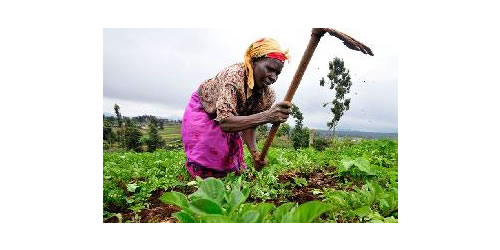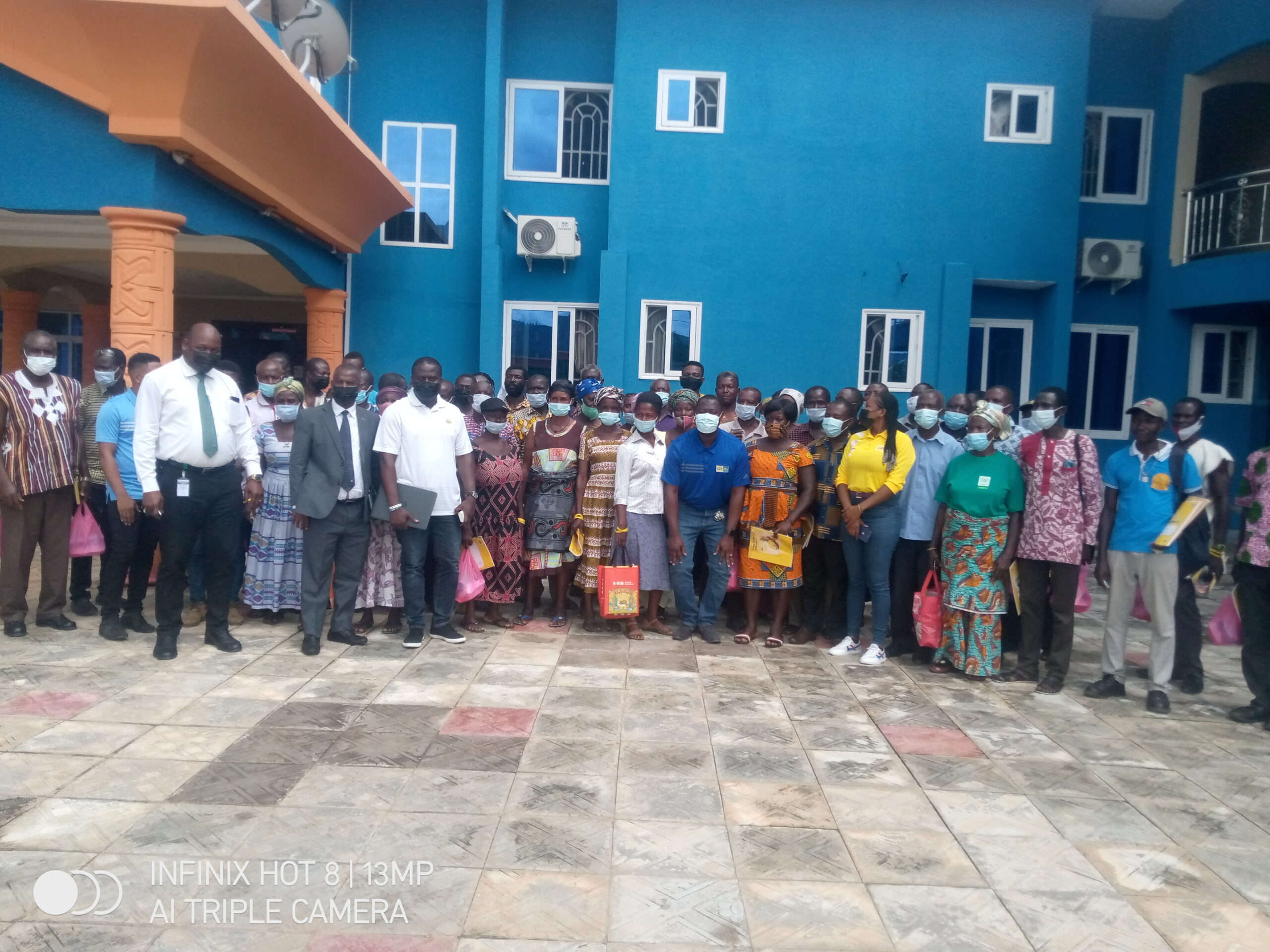Farmers advocate one community, one dam policy

Farmers within the Savannah Ecological Zone have called on government to introduce a Community, One-Dam Policy as part of measures to promote agriculture in the country.
This, according to the farmers, would help ensure all year round agricultural production to enhance food security, reduce food imports, and alleviate poverty.
Research has shown that during the rainy season hunger and food insecurity are usually reduced in communities in the SADA Zone hence the advocacy for the creation of irrigation dams in each community to ensure all year round farming.
The farmers made the call at a one-day regional consultative forum organized by the Coalition of Savannah Accelerated Development Authority (CSADA), a group of Civil Society Organizations in Tamale, in partnership with the Northern Patriots in Research and Advocacy (NORPRA) and the Concerned Citizens Association of Tamale (CCAT).
The forum was meant to solicit the views, inputs and development priorities of youth and women farmer groups for SADA’s Medium Term Development Plan and Master Plan (MTDPMP).
It was also to seek their views on the Livelihood Improvement and Poverty Reduction aspects, especially within the SADA zone.
The project, Mainstreaming Inputs of Youth and Women Farmers into SADA Medium Term Development Plan (MTDP) is supported by USAID-Agricultural Policy Support Programme (APSP).
The youth and women farmers also urged government to make substantial investment in agriculture, reduce high interest rates on loans for agricultural purposes and employ more agricultural extension officers.
Speaking at the forum, Mr Emmanuel Tia Nabila, Northern Regional Coordinator of SADA, said the Authority’s Master Plan was tailored towards providing an integrated data management system, such as high resolution maps and the development of Regional Concept Plans.
He said some cities in the SADA zone would have zoning plans and urban design proposals; environment plans, transport, utilities and ICT infrastructure proposals.
“A low hanging fruits” plan to address immediate needs in terms of extreme poverty reduction, social development and protection, the environment and infrastructure gaps among others has been put in place,” he said.
He stressed that management has developed a policy and research plan aimed at addressing policy incentives for investments, growth, jobs, skills, regional trade and incomes.
He commended members of the CSO coalition for coming together to work towards success and gave the assurance that SADA would partner organisations having SADA at heart.
Hajia Alima Sagito, Director of Savannah Integrated Rural Development Aid said lack of involvement of women in decision making led to the decline of SADA projects, saying majority of the projects were towards agriculture, a sector dominated by women.
She urged SADA to take note of the perennial floods and drought in the northern savannah areas and develop climate -smart agriculture plans in its Master Plan as a responsive mechanism to the effects of climate change.
Fati Abigail Abdulai Director of Widows and Orphans Movement stressed the need to invest in human resources in the agricultural sector which provides livelihoods for rural dwellers.
The project coordinator of CSADA, Mr. Bismark Adongo Ayorogo stated that Ghana in 2015 missed its agricultural sector growth target of 3.6% because the country had not done needed investment in the sector to generate the desired level of growth.
He noted that though Ghana since 2003 committed to the Maputo Declaration to spend not less than 10% of its annual budget on agriculture, it was yet to live up to this commitment.
Mr. Adongo commended the new leadership of SADA for prioritizing agriculture in its transformational agenda of the zone.
Source: B&FT



